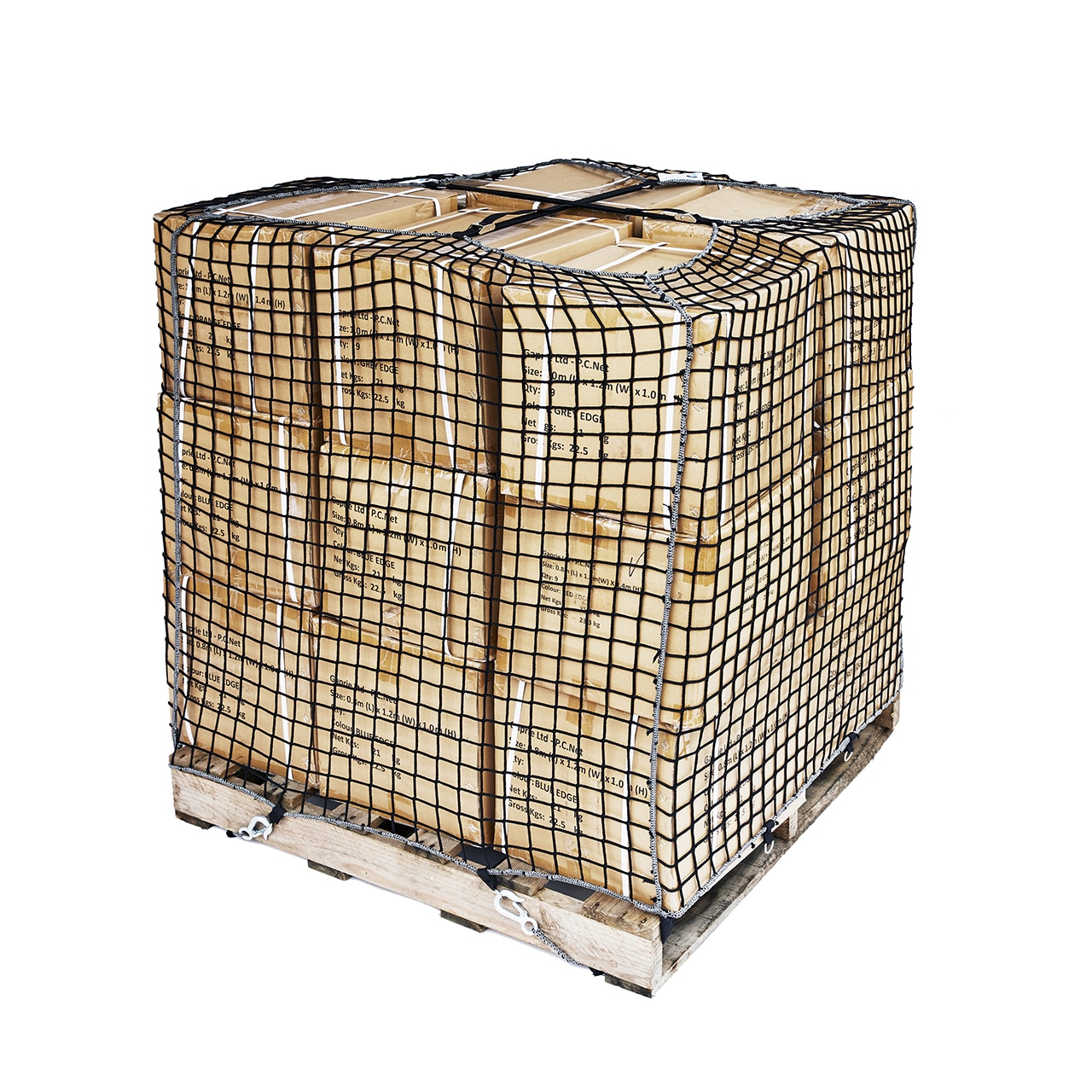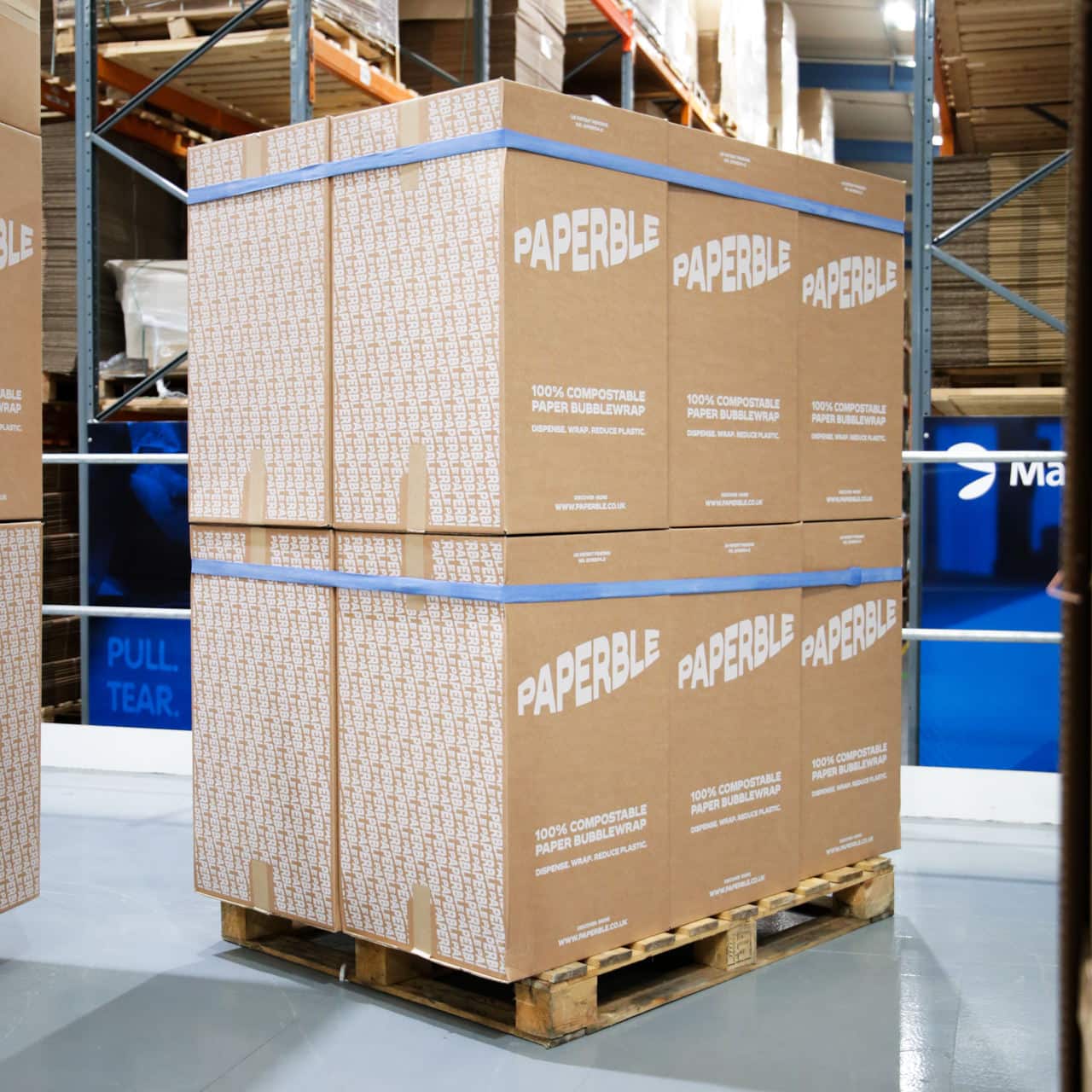Single-use plastics and legislation:
The detrimental effects of plastic pollution last for centuries and harm the health of our oceans, waterways, and land. It is not only a significant contributor to greenhouse gas emissions during the manufacturing and production process, but also when it is improperly disposed of.
In light of this, the UK Government (2023) has now banned the use of single-use plastic, like plastic plates, cutlery, trays, bowls and cups by October 2023. This new legislation highlights the impact single-use plastic is having on the environment and stresses the importance of finding alternative solutions, especially for businesses. It is estimated that England alone, uses 2.7 billion items of single-use cutlery and 721 million single-use plates annually, but only 10% are recycled. If you lined up 2.7 billion pieces of cutlery, the length would be sufficient to go around the world more than eight and a half times (based on each piece being 15cm long). Not only does this mean companies need to evaluate their options and find viable solutions for their business, but they also need to consider how they are packaging their goods.
There are some parameters of the single-use plastic, for example medical, pharmaceuticals and baby/ infant disciplines are not banned. Although, it is not currently banned for use in the packaging of palletised goods just yet, it undeniably raises the question as to when they will be. From 2024, the UK Government (2023) is set to work with businesses to implement Packaging Extended Producer Responsibility (EPR), meaning producers of the packaging, within the market, are responsible for its end of life. Then in 2025, the UK Government is aiming to boost higher recycling rate by introducing a deposit return scheme for plastic and metal drink containers.


























